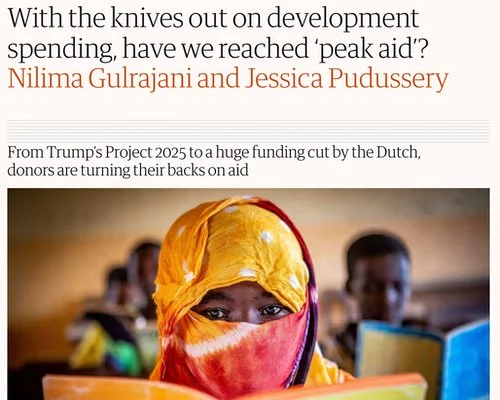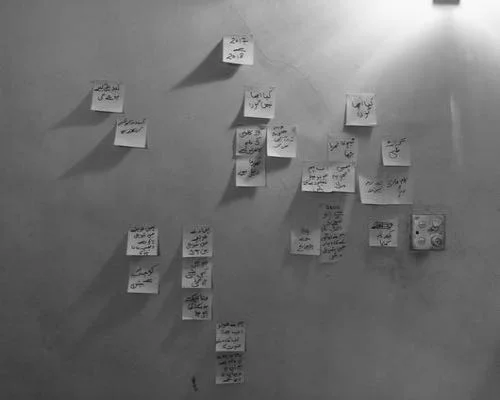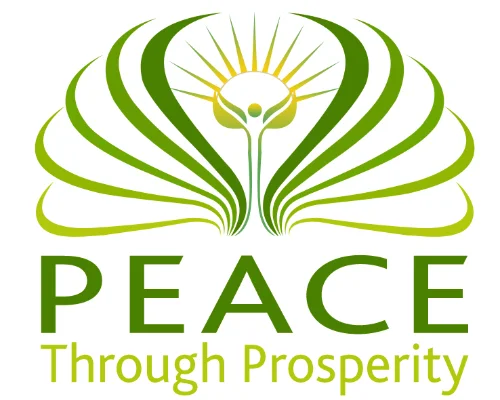Stop Helping, Start Enabling: The Future of Transformation
We're standing at a fascinating crossroads in global development. The traditional donor ecosystem – you know, the one built on aid flowing from North to South – is facing what ODI Global calls "a moment of reckoning." And here's a thought that might shake things up a bit: what if this crisis is actually our best opportunity for meaningful change?
I've been watching some remarkable developments lately. The EU is looking to cut €2bn in development spending. The Dutch are scaling back their aid, executive orders signed by President Donald Trump pause US spending on aid in the next 90 days. There's mounting uncertainty about the role Northern donors should play in development's next chapter. But underneath all this upheaval, a powerful new narrative is emerging.
Let me tell you about Shabana Asif. She's a single mom who went through a Mini MBA program, and now she's running not one, but two businesses. She's even planning a third. The kicker? She's not just successful – she's helping others succeed too. In her own words, the program "enabled me, grew my self-esteem and self-respect, and motivated me to help others grow as I have grown."
This isn't just a nice story – it's a glimpse into what the future of development might look like. At a time when ODI research is pointing to the need for reform and renewal in the donor ecosystem, Shabana's story shows us what that renewal might actually look like on the ground.
Now, here's where it gets really interesting. This same principle – enablement over aid – is transforming how we think about change in the business world too. Think about it. When your company needs to transform, what's more effective: bringing in consultants to "fix" things, or building your team's capability to drive and sustain change themselves?
Reimagining Development in a Multipolar World
The old model of Northern donors dictating development terms is giving way to something more dynamic and inclusive. In today's multipolar world, where uncertainty often challenges unity behind shared development goals, enablement offers a fresh perspective. It's not about North helping South anymore – it's about creating ecosystems of capability and growth that transcend traditional boundaries.
It's the same story in both worlds. Whether you're trying to lift communities out of poverty or transform a corporation, throwing resources at the problem often just creates dependency. But when you focus on enabling people? That's when the magic happens.
Here's what I've noticed about successful enablement, whether it's happening on the streets or in the boardroom:
First, it sticks. When you enable someone, you're not just helping them today – you're equipping them for tomorrow. Shabana isn't just running businesses; she's building a future.
Second, it spreads. Enabled people become enablers themselves. One person lifts up another, who lifts up another. Before you know it, you've got a movement on your hands.
Third, it goes deep. Instead of just treating symptoms (like lack of money or outdated systems), enablement tackles the root causes (like missing skills or mindset barriers).
And here's the best part: it preserves dignity. There's a world of difference between receiving aid and being enabled to achieve something yourself. Just ask anyone who's ever been on either end of that equation.
In our crazy, unpredictable world (you know, the one where change is the only constant), we need to get smarter about how we drive transformation. Whether you're working in community development or leading corporate change, stop asking "How can we help?" and start asking "How can we enable?"
Because here's the truth: as we navigate what ODI calls this "post-aid world," the solution isn't just about rethinking aid flows – it's about reimagining how we build capability and drive change across all contexts.
What do you think? Have you seen the power of enablement in your world? As we collectively write the next chapter of global development and enterprise transformation, I'd love to hear your stories and thoughts on this shift in thinking.
After all, transformation isn't just about what we do for others – it's about what we enable others to do for themselves.











